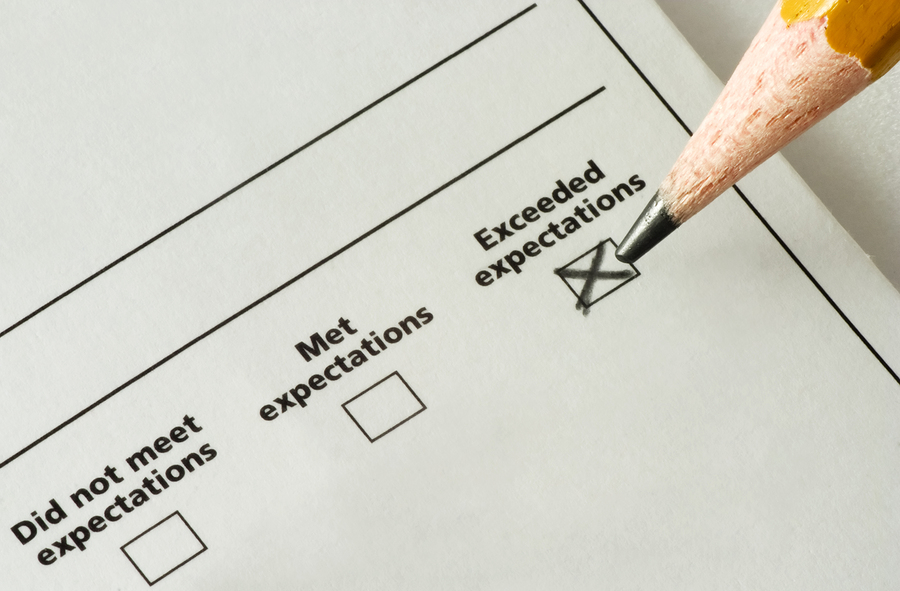What drives loyalty?
When you are gauging customer loyalty and engagement, it’s easy to get caught up on exceeding expectations. And this goes, too, when you are briefing your contact centre.
But research has shown that customers seldom reward a great service experience (or exceeding expectations by offering refunds or free products) by staying put or passing on their experiences to other potential customers – instead they expect exemplary service on the most basic of promises.
In short, they’d much rather not be having to make contact at all.
The Corporate Executive Board’s study of more than 75,000 people who’d phoned a contact centre or used self-service channels, as well as hundreds of customer service leaders asked:
- How important is customer service to loyalty?
- Which customer service activities increase loyalty and which don’t?
- Can companies increase loyalty without raising customer service operating costs?
The study found resoundingly that loyalty didn’t rely on delighting customers, it relied on reducing the amount of effort customers had to use to get their problem solved. It also showed that businesses which acted on this improved customer service, reduced costs and reduced churn.
How to make it easy
Although 89 of 100 customer service heads surveyed said their main strategy is to “exceed expectations”, 84% of customers said their expectations hadn’t been exceeded in their most recent interaction.
This shows that many companies are barking up the wrong tree when it comes to meeting their customers’ needs: you don’t have to go the extra mile, you just need to make the customer’s experience as simple as possible.
The main drivers of achieving this are:
- Reducing the customer’s requirement to repeat information
- Reducing the customer’s requirement to make contact repeatedly or be transferred
- Reducing the customer’s requirement to change channels (eg from website to contact centre)
And tactics which help this low customer effort approach include:
- Don’t focus on call time if you think you can pre-empt any potential problems down the line and prevent the customer having to make contact again – and empower your advisers through alternative productivity metrics to value quality over speed.
- Train advisers to recognise clues as to the customer’s emotional type and respond accordingly – a quarter of repeat calls in the study stemmed from the customer having an emotional disconnect with the first adviser













